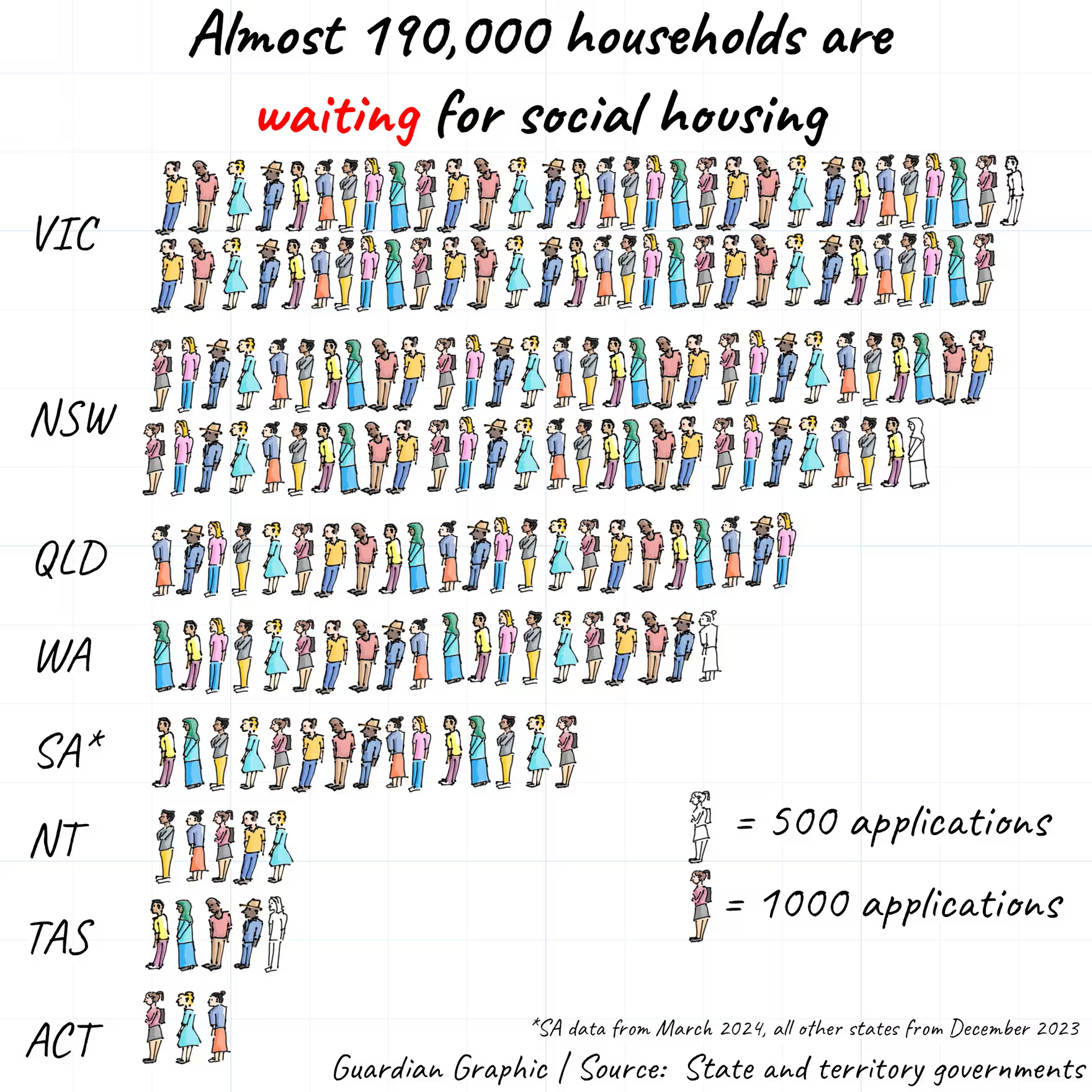The answer to housing price problems isn’t more money, but more housing.
You’ll hear it again and again, what we need to solve the housing “crisis” is more affordable housing. When politicians and others say this, what they mean isn’t more housing but more money. It has become hardwired in almost every mind in America that the way to solve housing price problems isn’t through increasing supply by unbridling production, but subsidizing the inflation with more and more money for non-profit construction of rent restricted apartments. While the notion is logical – people can’t afford the rent, build something and charge less at government expense – it feeds a political dynamic that keeps prices going up. We should end the practice of spending lots of money on the construction of so called “affordable housing.”
I’ve written about this extensively but it is worth walking through how the system currently works.
A city starts to experience lots of job growth, a good thing. But along with all the new jobs comes new people who need places to live. The new people are employed and they have money to spend, but local housing production doesn’t keep up. With more people and fewer housing options, prices start to rise. New housing, on average gets more and more expensive. Older, existing housing options, when they become vacant, get snapped up for higher rent or price.
As new construction begins so does disruption and a climb in prices. New development annoys existing homeowners who worry about the impact of new housing on the value of their own investment. Social justice advocates worry about higher prices and “displacement” when new housing changes older, less pricey neighborhoods. Soon the anxiety builds into a move to impose stronger regulation and sanctions on new housing production. The regulation is intended to address the “impacts” of growth on existing neighbors and the sanctions to pay for “affordable housing.”
Once the regime of regulation is enacted production of new housing is attenuated but not the job growth or desirability of living in the city. Prices go up. Angry neighbors and the social justice set blame new housing and jobs for higher prices, homelessness, and displacement. “All this new economic growth is hurting poor people!” The solution, more taxes, fees, fines, and sanctions on new housing and even on new jobs.
The result is even higher prices even while more and more money for “affordable housing” builds in the city coffers. The problem is that the so called “affordable housing” is subject to all the same cost structures in the global, regional, and local economy including, ironically, the strictures on height, bulk, scale, and other typological nuances that neighbors decry as annoying to their sensibilities. Add to this the fees for non-profit housing and what is created is a hot house for inflation to spiral out of control.
Nobody – politicians especially – has an interest in stopping the cycle. More housing means more anger, higher prices, and more rules, fees, fines, and taxes. Non-profit housing gets harder to build and more expensive than market rate housing which rationalizes even more fees, fines, and taxes. But as long as there is wage growth, new jobs, and things to make the city appealing, more and more growth comes. Prices go up and go back to the earlier paragraph. Developers, too, have little interest in countering all this since, as long as someone can pay for all the costs of production, they can still meet their financial targets.
Ending this madness will require discipline to do what I wrote about yesterday – reduce barriers to production and create incentives – and to stop saying “we need more affordable housing.” Instead, we all need to be saying, “We don’t need more affordable housing, we need more housing so that it is affordable.” Otherwise, local, state, and federal governments are simply subsidizing inflation, pouring more gasoline on the fire. Like the supply and demand concept, it may, at first, be counterintuitive; but in the end, it isn’t more money that will help end housing price problems, but more housing.
Source : Forbes
























![Green Building Materials Market Trends [2023-2030]](https://housingcable.ng/wp-content/uploads/2022/04/csrgreen-building_Cisco_04222022-218x150.png)









